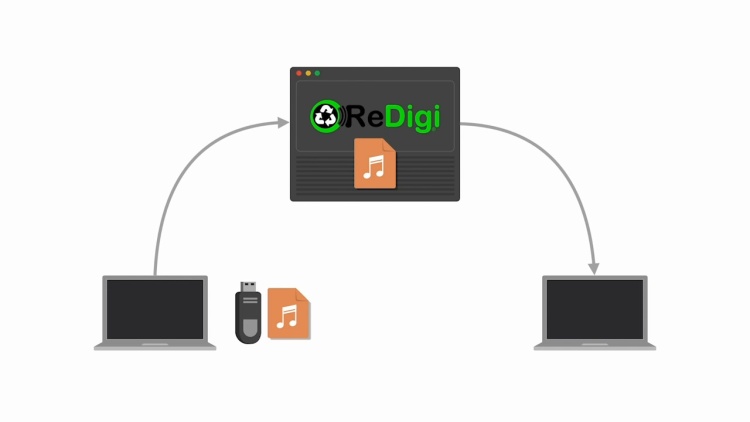Capitol Records, LLC v. ReDigi Inc.
United States Court of Appeals for the Second Circuit
910 F.3d 649 (2018)
- Written by Liz Nakamura, JD
Facts
ReDigi Inc. (plaintiff) created a digital resale marketplace for digitally purchased music files. After a seller uploaded a digital music file to ReDigi’s marketplace, it was deleted from the user’s computer, ensuring that only one copy of the music file ever existed. If the user then sold the file, the buyer could either access his newly purchased music file on ReDigi’s platform or download a copy to his own computer. If the buyer downloaded the music file, it was deleted from ReDigi. Capitol Records, LLC (Capitol) (defendant), which owned copyrights to songs resold through ReDigi, sued ReDigi for copyright infringement, arguing that ReDigi’s resale marketplace reproduced and distributed Capitol’s copyrighted works without authorization. The district court held ReDigi liable for copyright infringement, holding that ReDigi’s resale process created duplicate phonorecords of the digital music files on ReDigi’s server and on the buyer’s device without Capitol’s authorization. ReDigi appealed, arguing that (1) the first-sale doctrine protected its users’ right to resell their digital music files, (2) there was no unauthorized reproduction because only one copy of the music file existed at a time, and (3) prohibiting resale of digital files unfairly disadvantaged digital purchasers.
Rule of Law
Issue
Holding and Reasoning (Leval, J.)
What to do next…
Here's why 907,000 law students have relied on our case briefs:
- Written by law professors and practitioners, not other law students. 47,100 briefs, keyed to 996 casebooks. Top-notch customer support.
- The right amount of information, includes the facts, issues, rule of law, holding and reasoning, and any concurrences and dissents.
- Access in your classes, works on your mobile and tablet. Massive library of related video lessons and high quality multiple-choice questions.
- Easy to use, uniform format for every case brief. Written in plain English, not in legalese. Our briefs summarize and simplify; they don’t just repeat the court’s language.





